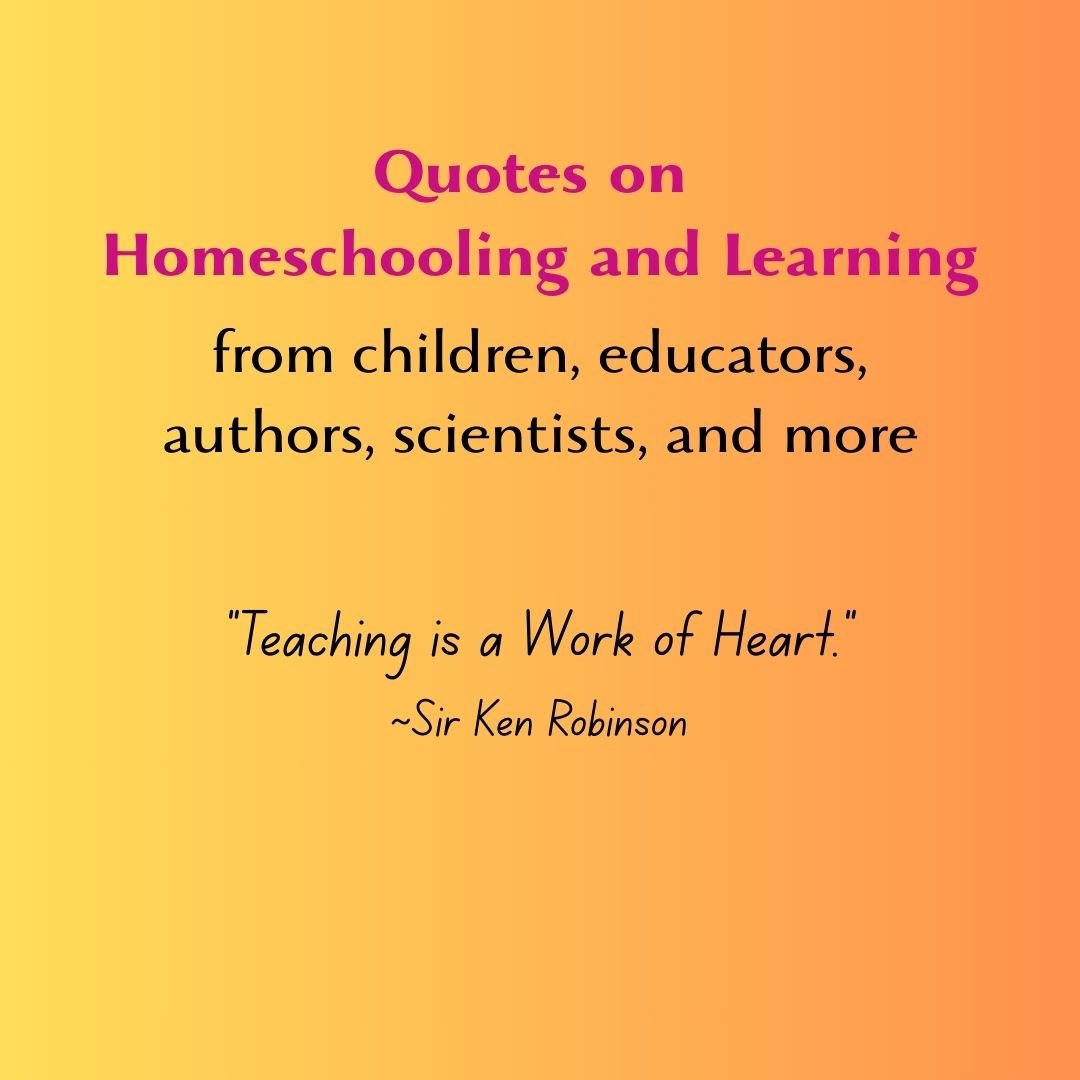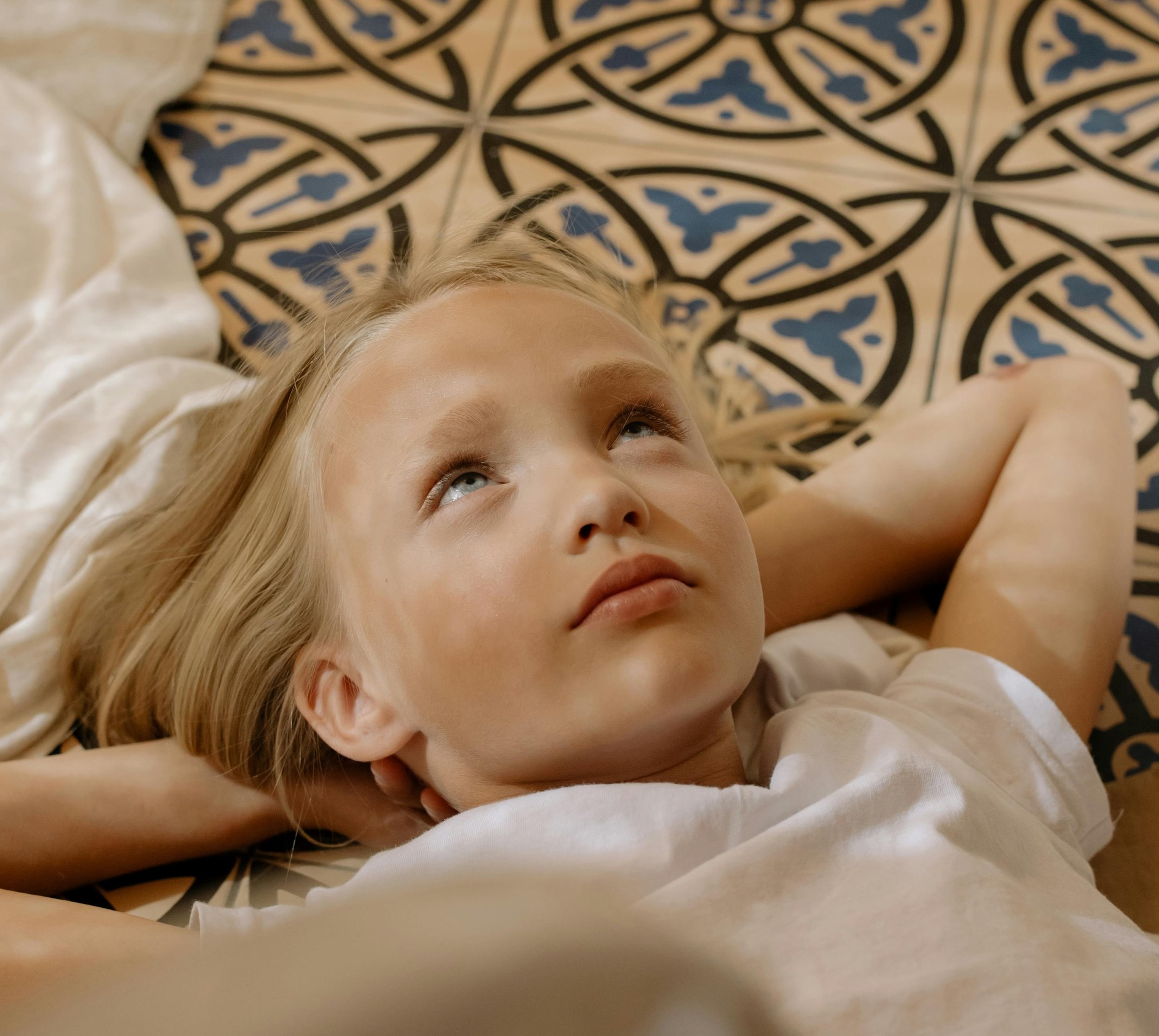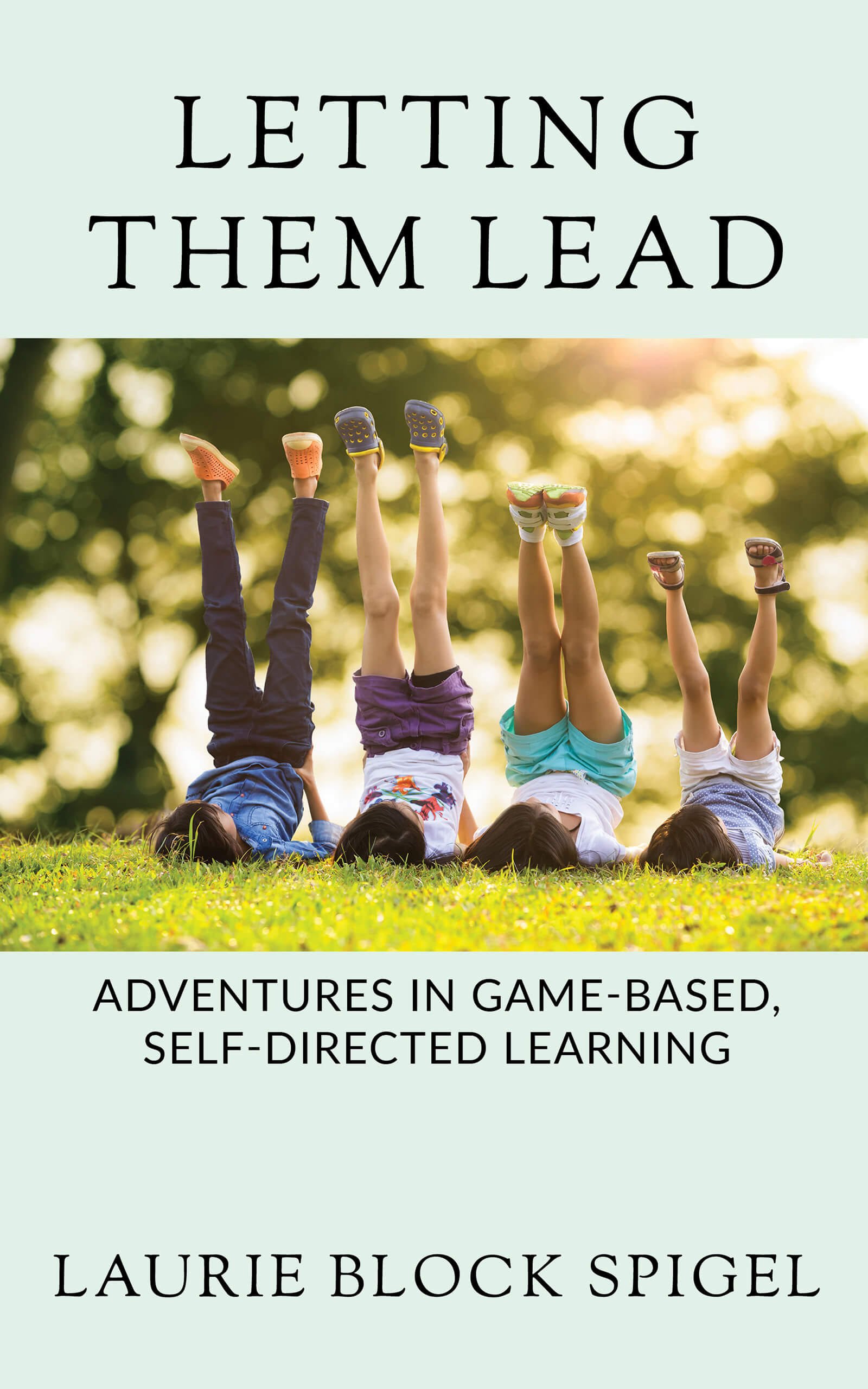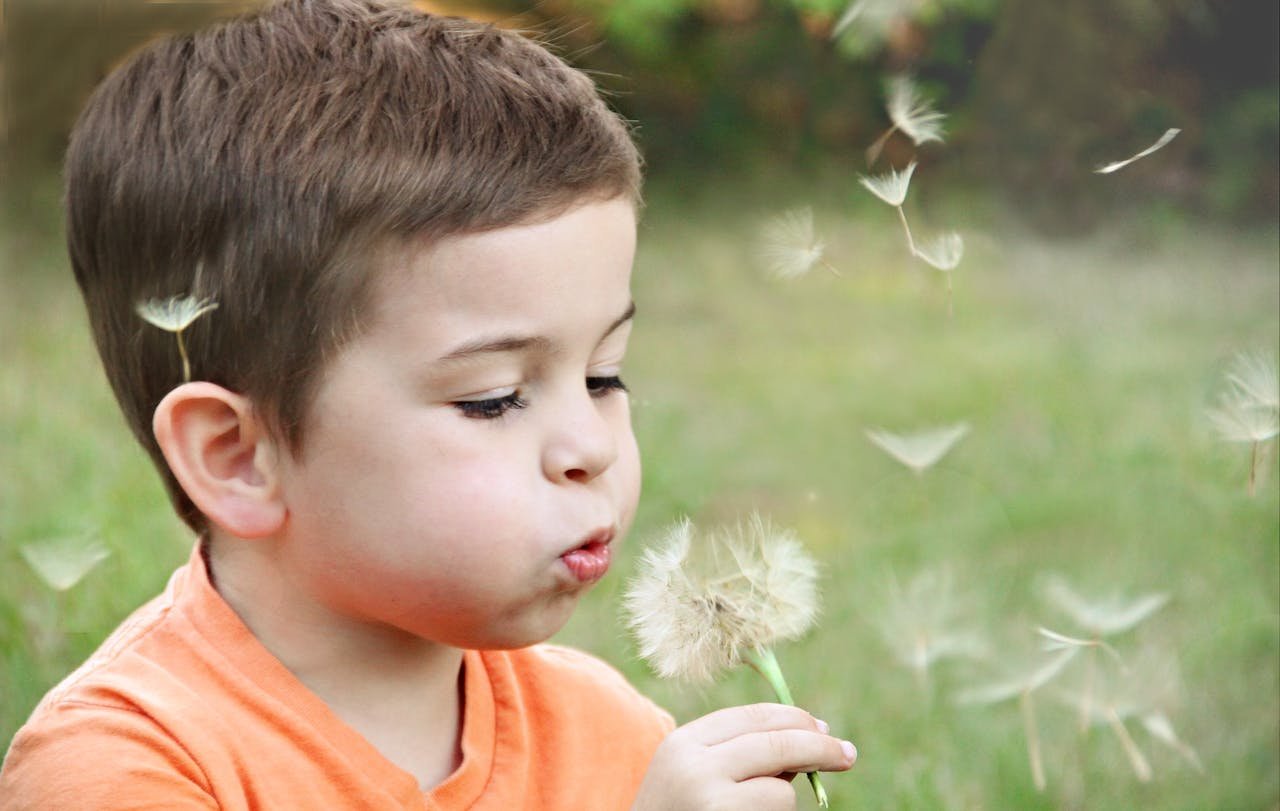
Quotes on Homeschooling and Learning
Quotes on Homeschooling and Learning, with related books

Peter Gray Explains How Humans Learned Through Play
Peter Gray Explains How Humans Learned Through Play

The Value of Daydreaming
My son was often lost in daydreaming, as if still half asleep. It's hard to be patient when we have so much to do, but I hated to interrupt these moments. Daydreaming is an essential skill…

Playing Catch: A Metaphor for Child-led Learning
Playing Catch: A Metaphor for Child-Led Learning

Letting Them Lead
I have a brand new book launching on March 5th called Letting Them Lead: Adventures In Game-Based, Self-Directed Learning. This book is geared towards educators, parents and learners of all ages and gives strategies for centering children and students in their own learning journey.

Educating The Whole Child
It is ridiculous to think that a teacher or parent can educate just a part of the child, but that is the traditional approach, with each subject taught separately, relying solely on books, pen and paper. I hesitate to use terms like Holistic Education or Whole Child, because these terms are embraced by educational businesses (such as tutoring agencies), and by the Common Core Curriculum, both examples of non-holistic education.
The "whole child" view implies that the whole child is influenced by everything, and interacts with everything, with the whole world. In turn, the whole world is interacting with the child. Our children are aware of far more than they can express, and they are learning all the time. Taking this view, I can never fully plan what a student will learn. My understanding of their learning happens in hindsight, as I watch their development and reflect on the experience. Most often the child reaches for or receives something unplanned. The nature of this learning can be social, linguistic, creative, physical, mental or logical, or all of the above. It is impossible to plan or foresee this, because each child is different and each situation unfolds unpredictably.

Is Education Work Or Play?
Do you remember being scolded for playing? Perhaps you were told to straighten up and sit still, or to stop "being silly" or stop "fooling around" (demeaning terms for play). These are common experiences in a society where grown-ups hardly play at all. It is as if we have forgotten how to play, and play is reserved only for the very young, often only at recess, or only in sports.
Adults are mostly game watchers instead of game participants. Yet we remain aware that the spirit of play, which often has no obvious purpose or goal, is a magical ingredient that makes every experience more alive, and makes learning memorable.
If play is so elusive for adults, when does it stop for us as children? Does it stop with school?

Traumatized By School (Book Review)
How many of us are walking around scarred by our school experiences?
In an article entitled Seven Sins of Our System of Forced Education, Peter Gray referred to school as prison. He's not the only one to make this comparison, having heard school referred to this way by students themselves! In his article, Dr. Gray explains that the school system is guilty of seven sins, including: the denial of liberty, the fostering of shame and hubris, interference with self-direction, linking learning with fear, and more.